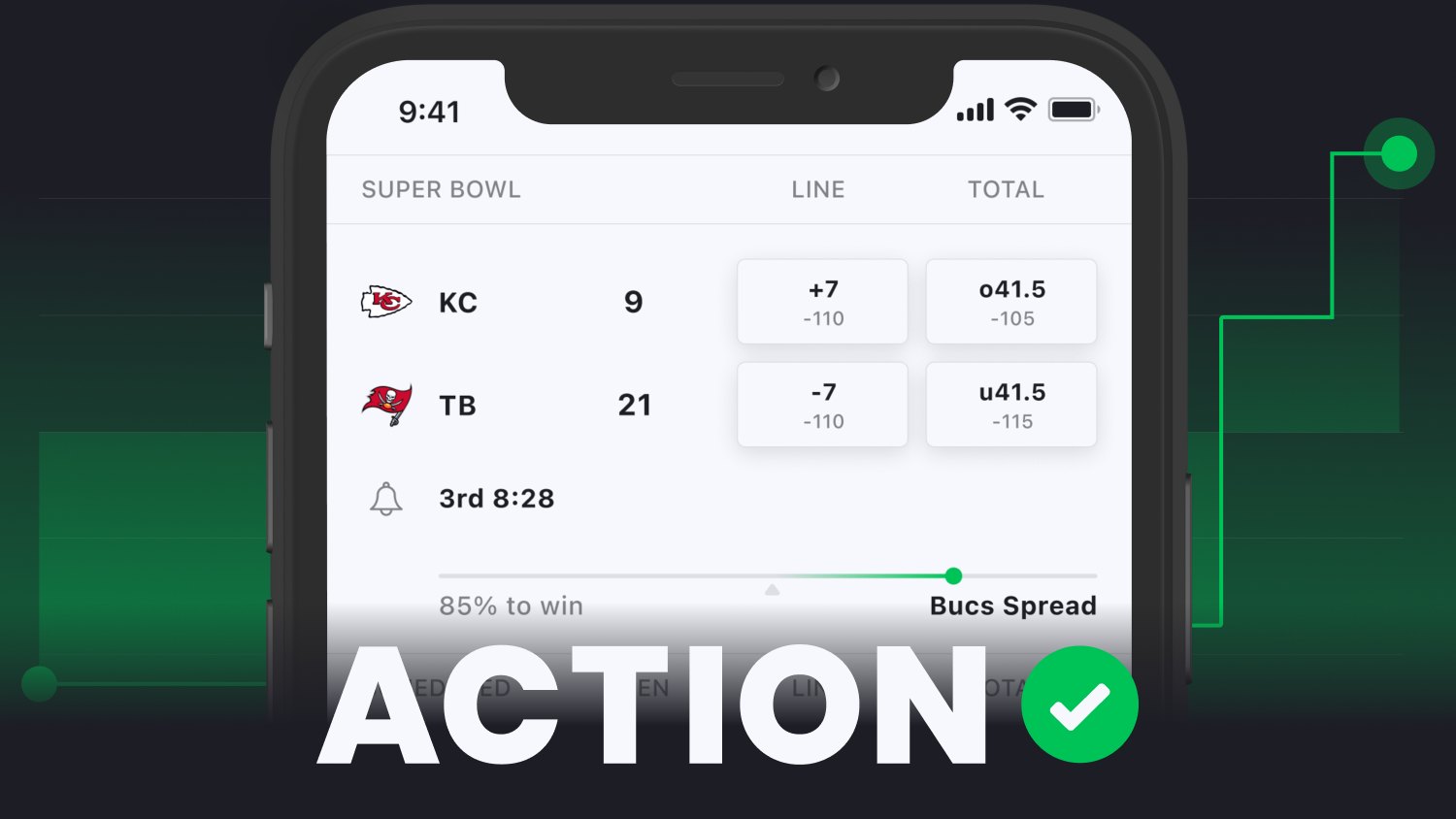Ohio lawmakers have not taken any formal votes yet on an updated online and retail sports betting bill that could bring legal wagering to one of the nation’s largest markets. Elected officials on the state’s Select Committee on Gaming have targeted legislative approval for sports betting by the end of the month, but took no further action at a Wednesday meeting, the committee’s 13th of the calendar year.
The current bill allows 20 online licenses and 20 retail licenses, as well as $20 betting pools run by the Ohio Lottery. Which entities will earn these licenses — or even be eligible to do so — remain unknown.
Ohio Casino Landscape
Lawmakers have opened up sportsbook licensing eligibility to virtually any business in Ohio. Officials said during an earlier gaming committee hearing even the Ford Motor Company could be eligible.
Ohio’s casinos will realistically have access to at least one online skin apiece in any incarnation of the sports betting bill. Ohio embraced casino gambling later than some of its Midwestern neighbors, but within the last decade it has grown into one of the nation’s more robust gaming marketplaces.
An amended version of the bill, approved earlier this year, also clarified the casinos could apply for retail licenses at their brick-and-mortar facilities as well.
The state now has 11 casinos or hybrid racetrack “racinos.” There are gaming facilities near all of Ohio’s three largest metro areas (Columbus, Cleveland and Cincinnati) as well as Dayton, Toledo and Youngstown.
Several Ohio casinos have direct ties with major sportsbook operators or their partner companies and will almost assuredly enter the market. That includes BetMGM, Barstool Sportsbook, Caesars and TwinSpires.
Sports Leagues and Other Organizations Interested As Well
Ohio’s professional sports organizations have also lobbied heavily for market access. Though the current bill would allow pro organizations to apply, multiple team representatives have asked lawmakers to set aside certain licenses exclusively for the teams.
It’s too early to tell if or how many professional sports leagues or teams’ sportsbook partners will enter Ohio, but there are already existing league partnerships with multiple major operators. If individual teams are licensed, they likely wouldn’t necessarily have to affiliate with their respective league’s partners, but it could hint at likely market entrants:
The non-exhaustive existing league partnership lists include the following (Ohio pro sports teams are in parentheses);
- NFL (Cleveland Browns, Cincinnati Bengals); DraftKings, FanDuel, Caesars
- NBA (Cleveland Cavaliers); MGM, DraftKings, FanDuel, Stars Group/FOX Bet
- MLB (Cleveland Indians, Cincinnati Reds): MGM, DraftKings, FanDuel, Stars Group/FOX Bet
- NHL (Columbus Blue Jackets); PointsBet, Betway, Bally’s
- MLS (Columbus Crew, FC Cincinnati): MGM
That’s on top of other leagues and organizations. Dan Marks of Esports Entertainment Group, a Cleveland Cavaliers NBA 2K competition affiliate, testified Wednesday to permit licenses specifically for online eSports organizations and brick-and-mortar gaming venues. Officials from the WTA, which will host a tournament in Cleveland later this summer, have also testified before the committee.
Other gaming entities including lottery organizations, iGaming platforms and their affiliate tech providers have also asked to be included in sports betting legislation. Additionally, representatives from multiple restaurants, bar and other hospitality interests have also testified during several gaming committee hearings over the past few months.
Next Steps
Wednesday’s gaming committee hearing leaves less time for action on the bill ahead of lawmakers’ self-imposed Jun. 30 deadline. Ohio is among a handful of states with legislatures that meet year-round, but without quick action, sportsbooks may miss most or all of the upcoming football season, perennially operators’ most lucrative time of the year.
With Republican Gov. Mike DeWine and leaders of the GOP-controlled legislature largely supportive of the concept of legal sports betting, some of the biggest questions for policymakers remain over taxes and regulation. Months of would-be stakeholder testimony show license allocation (and eligibility) are also major issues.
Some states that have passed 2021 sports betting bills such as Maryland (60 online licenses) and Louisiana (40) have responded by drastically expanding licensing eligibility. This would appease many of the disparate, competing applicants, but could alienate the established gaming industry, which has pushed lawmakers to limit non-gaming market entrants.
Bottom Line
With Ohio’s sports betting’s fate uncertain, market access remains a clear issue. It remains to be seen which operators (or types of operators) can enter the state, but lawmakers clearly have tough decisions ahead of them and are unlikely to appease all the myriad interests pursuing Ohio sports betting.




















































